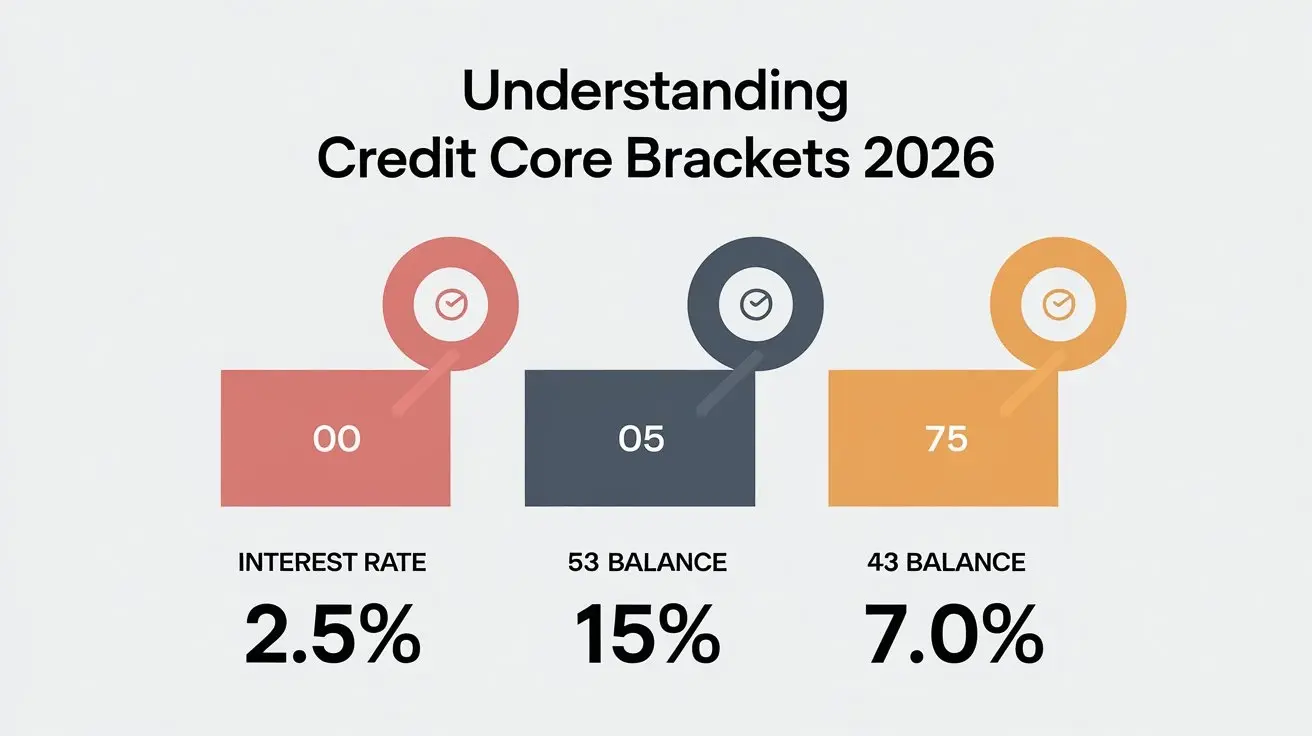
What Is an Adverse Action Letter?
An adverse action letter, sometimes referred to as a denial of benefits letter, is a letter sent to a person by an employer notifying them they have been denied the benefits they sought.
Every time a decision they make negatively affects the relevant person, creditors, and companies are required to forward an adverse action letter, sometimes known as an adverse action notification, to consumers and job seekers.
Requiring an adverse action letter are the Fair Credit Reporting Act (FCRA) and the Equal Credit Opportunity Act (ECOA). These significant federal regulations outline the conditions under which an employer or other customer has to notify an application or other consumer that credit information or a background check is influencing a credit or employment decision.
How Would One Find Out the Source of an Adverse Action Letter?
Two conditions typically demand for an adverse action letter to be sent:
1. Denying credit: The lender should send an adverse action letter when a lender declines to provide credit to a borrower depending at least in part on something on their credit record. For example, should a customer apply for an auto loan and the credit score or credit history check turned down reflects negative findings, the lender has taken negative action and needs to notify the customer.
2. Withdrawal of a job offer: In the same manner, the employer must provide a letter of adverse action resulting from a background check and investigation report should the company wish to revoke the already offered employment to an applicant. For example, if someone gets a preliminary job offer and is given the green light only to postpone an employment offer due to a criminal record or any other negative thing that came out of the background check, they have to be told.
Under these circumstances, the creditor or employer made decisions based on a credit report or background check, which calls for the federal law-based issuance of an adverse action notice.
What Are the Information's Requirements?
The FCRA and ECOA specify exactly what information an adverse action letter has to include:
• Saying anything like "We have decided to lower your credit limit," could be fairly taken as an attempt to act negatively.
• The name, phone number, and address of the business starting the action.
• Declared that the corporation making the choice did make use of information from a consumer report, together with the name and address or phone number of the Consumer Reporting Agency (CRA) providing the report. Regarding job decisions, this would be the source of background information. Using a third-party supplier, such as a background screening agency, helps the employing company avoid having to go through a protracted selection process and significant candidate investigation.
• Applied within 60 days, this is a notice to the consumer informing them they might obtain a free copy of the report from the CRA.
• Notifying the customer of their rights to contest the accuracy or completeness of report information, this is a statement of advice.
An adverse action letter's main objectives are to inform an applicant or consumer that their credit or employment was denied using a credit report or background check; advise them they can get a free credit report; and explain their rights of appeal.
An adverse action letter is a letter an employer is obliged to write to an employee informing him or her of a specific decision taken against him or her One should be writing an adverse action letter under the following circumstances:
The FCRA adds that adverse action letters have to be sent:
• Within 30 days following loan denial or following job offer withdrawal by the company
• Within no more than thirty days following the consumer's demand for notice of an adverse action.
The needed timing given under the FCRA guarantees that the consumers get this specific warning on schedule.
Can one electronically submit Adverse Action Letters?
Adverse action letters can indeed be delivered electronically as long as the sender satisfies the E-Sign Act consumer disclosure and consent requirements. Customers have to consent to get data electronically, so the e-signature procedure involves several phases.
Adverse action letters can be sent via email, text message, e-portal, or any other electronic form, albeit, if e-consent compliance policies are rigorously followed. Still, all the physical mail is also permitted.
Ignoring the laws of adverse action notification could cost a company greatly.
Following fair credit as well as equal opportunity regulations depends on these companies and financial institutions making sure the adverse action notices are sent correctly.
Ignoring all required disclosures or failing in this crucial task could cause the Consumer Financial Protection Bureau or Equal Employment Opportunity Commission fines or legal action by the regulatory authorities.
Using negative action letter forms and automated methods to support compliance can help to avoid violations and the consequent legal fallout in this sometimes complex field of control.




